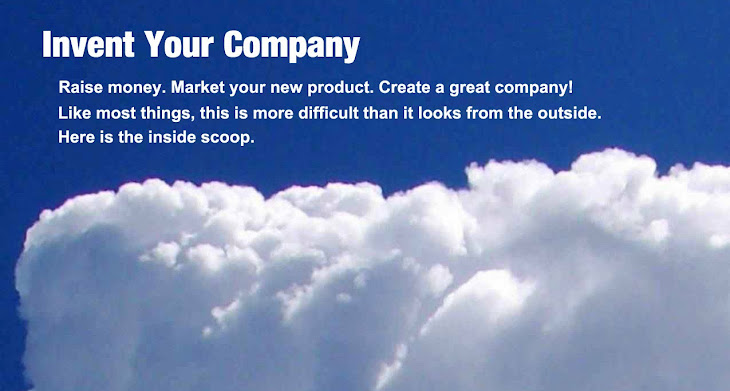Anyone who follows the IPO market knows that it usually registers somewhere around 8.5 on the Richter scale. Up and down; boom and bust. Well, now we're back to boom!
According to Renaissance Capital, IPO filings numbered 300 in 2005, 104 in 2006, and are on track to exceed 350 in 2014 if recent trends continue.
One of the primary reasons why IPO filings rise and fall so precipitously is the strong or weak performance of recent IPOs. There is a very strong herd mentality here.
Kindred Biosciences is up nearly 130% so far in 2014, and other 2013 filings have performed quite strongly as well. In fact, several other issues are up more than 50% YTD and 2013 filings are on average up nearly 6% in 2014.
This bodes well for companies who are well-prepared and are considering whether now is the time to execute an IPO.


